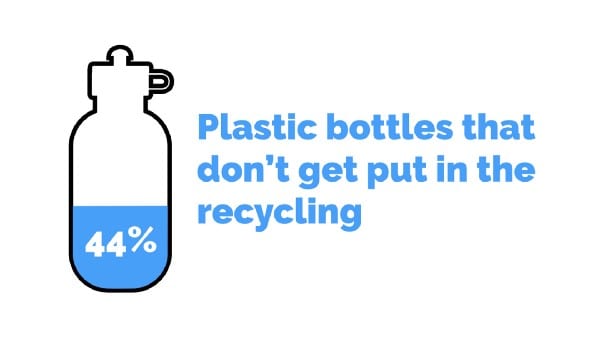Plastic pollution is damaging the health of our oceans. Let’s not allow this to continue happening.
From plankton to pilot whales, algae to albatross ― no ocean life remains free from the effects of plastic waste. It can even be found in the seafood we eat. It’s been dubbed as “one of the most serious emerging threats to marine biodiversity” by the Convention on Biological Diversity.
Between 8 and 12 million metric tons of plastic end up in our oceans each year. Over 80% of it coming from land-based sources. The main contributor is larger plastic litter, including everyday items such as drinks bottles and other types of plastic packaging. Also included are sewage-related related debris, such as cotton buds, wet wipes, sanitary waste and micro-beads.
One million plastic bottles are bought around the world every minute. It’s predicted that figure will rise by another 20% by 2021. However, global efforts to recycle the bottles to keep them from polluting the oceans, are just not keeping up.

The average UK household uses 480 plastic bottles a year, but only recycles 270 of them . Therefore nearly half are not put in the recycling. This means that nationally, out of the over 35 million plastic bottles being used every day, nearly 16 million plastic bottles aren’t being recycled.
- The latest Beachwatch survey (2016, MCSUK) found 159 plastic bottles for every mile of beach surveyed.
- It takes 162g of oil and seven litres of water to manufacture a single one litre disposable PET bottle. This amounts to the release of 100g of Carbon Dioxide (CO2), a major greenhouse gas. Therefore single-use plastic bottles significantly contribute to pollution, even if they are subsequently recycled.
- Nearly two fifths (37%) of children in the UK mainly drink bottled rather than tap water.
If just one in ten Brits refilled once a week, we’d have 340 million less plastic bottles a year in circulation!
Here at Refill we find this incredibly empowering. So do a lot of the people we work with. Complex issues like climate change and plastic pollution can seem overwhelming to tackle for any single individual or organisation. So we find ways to work together to make a serious impact on our plastic footprint. More than that, we can use it as a way to build resilient, tightly knit, diverse communities that enable change from a grass roots level.


